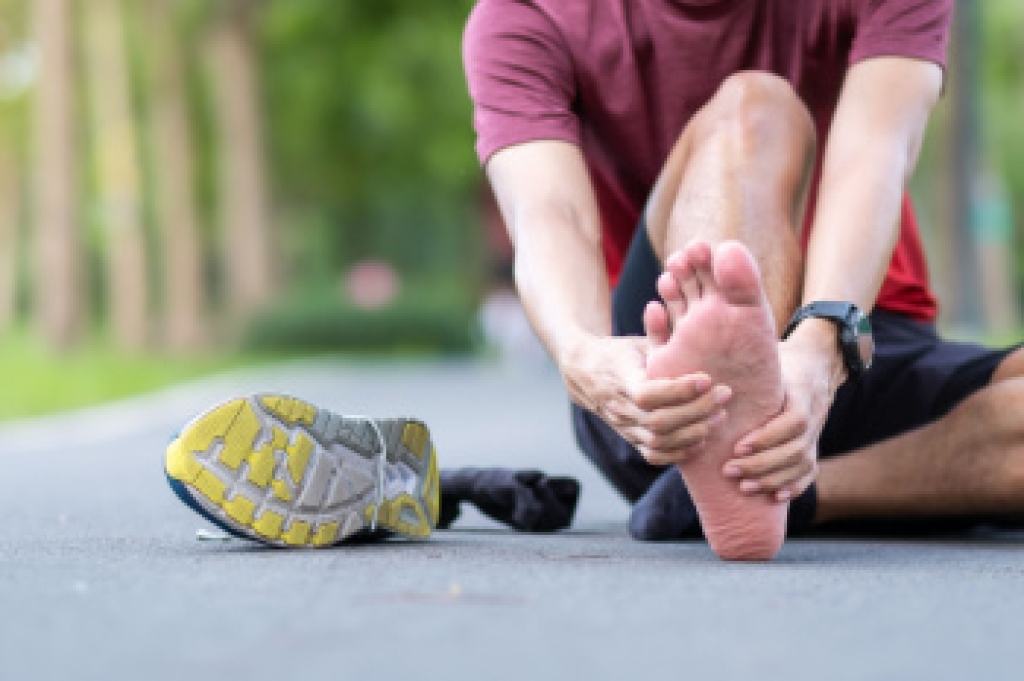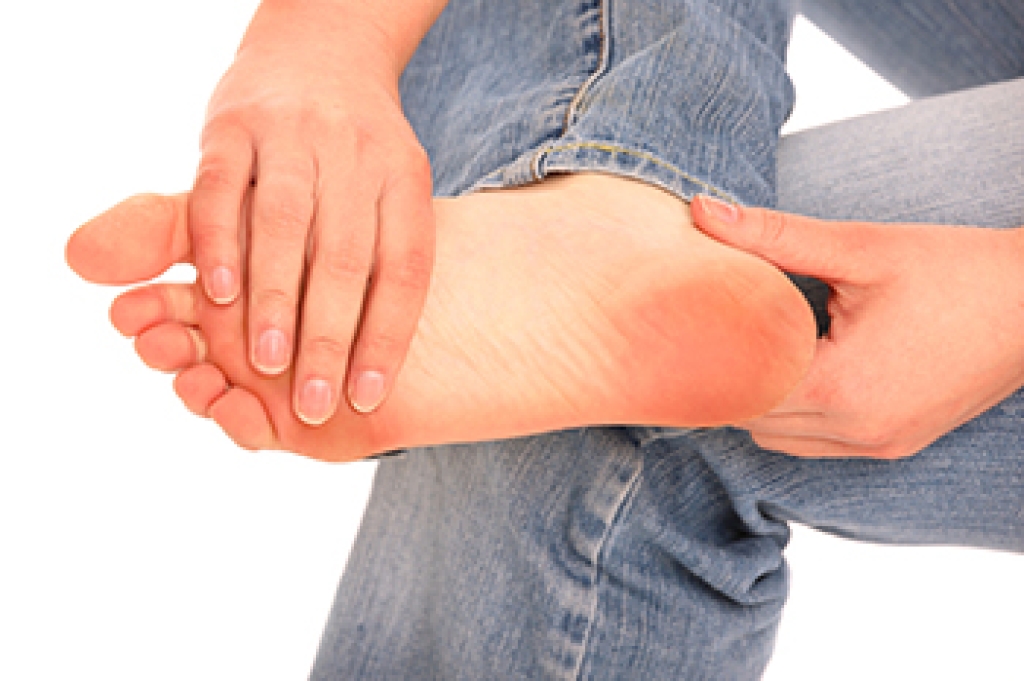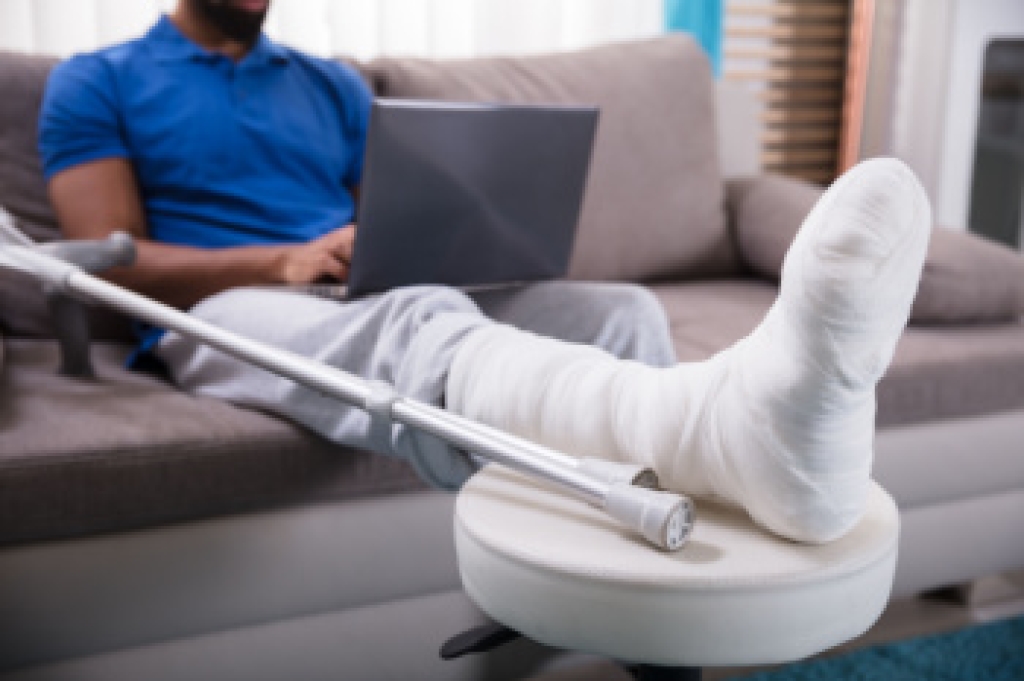
Plantar fasciitis is a common condition that occurs when the thick band of tissue connecting the heel to the toes becomes inflamed. Overuse, especially in runners, repetitive stress, or sudden increases in activity can lead to microtears in the plantar fascia. Symptoms often include sharp heel pain, particularly in the morning or after periods of inactivity, swelling, and discomfort when walking or standing for long periods. Risk factors include flat feet, high arches, obesity, improper footwear, and tight calf muscles. A podiatrist can diagnose plantar fasciitis through a thorough evaluation, recommend targeted treatments such as stretching exercises, custom orthotics, or supportive footwear, and provide strategies to prevent recurrence. If you are a runner and have persistent heel pain, it is suggested that you schedule an appointment with a podiatrist who can offer effective relief and treatment solutions.
Plantar fasciitis can be very painful and inconvenient. If you are experiencing heel pain or symptoms of plantar fasciitis, contact one of our podiatrists from Lakewood Family Foot and Ankle. Our doctors can provide the care you need to keep you pain-free and on your feet.
What Is Plantar Fasciitis?
Plantar fasciitis is the inflammation of the thick band of tissue that runs along the bottom of your foot, known as the plantar fascia, and causes mild to severe heel pain.
What Causes Plantar Fasciitis?
- Excessive running
- Non-supportive shoes
- Overpronation
- Repeated stretching and tearing of the plantar fascia
How Can It Be Treated?
- Conservative measures – anti-inflammatories, ice packs, stretching exercises, physical therapy, orthotic devices
- Shockwave therapy – sound waves are sent to the affected area to facilitate healing and are usually used for chronic cases of plantar fasciitis
- Surgery – usually only used as a last resort when all else fails. The plantar fascia can be surgically detached from the heel
While very treatable, plantar fasciitis is definitely not something that should be ignored. Especially in severe cases, speaking to your doctor right away is highly recommended to avoid complications and severe heel pain. Your podiatrist can work with you to provide the appropriate treatment options tailored to your condition.
If you have any questions, please feel free to contact our office located in Lakewood, CA . We offer the newest diagnostic and treatment technologies for all your foot care needs.




